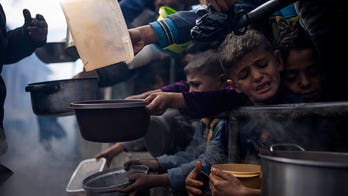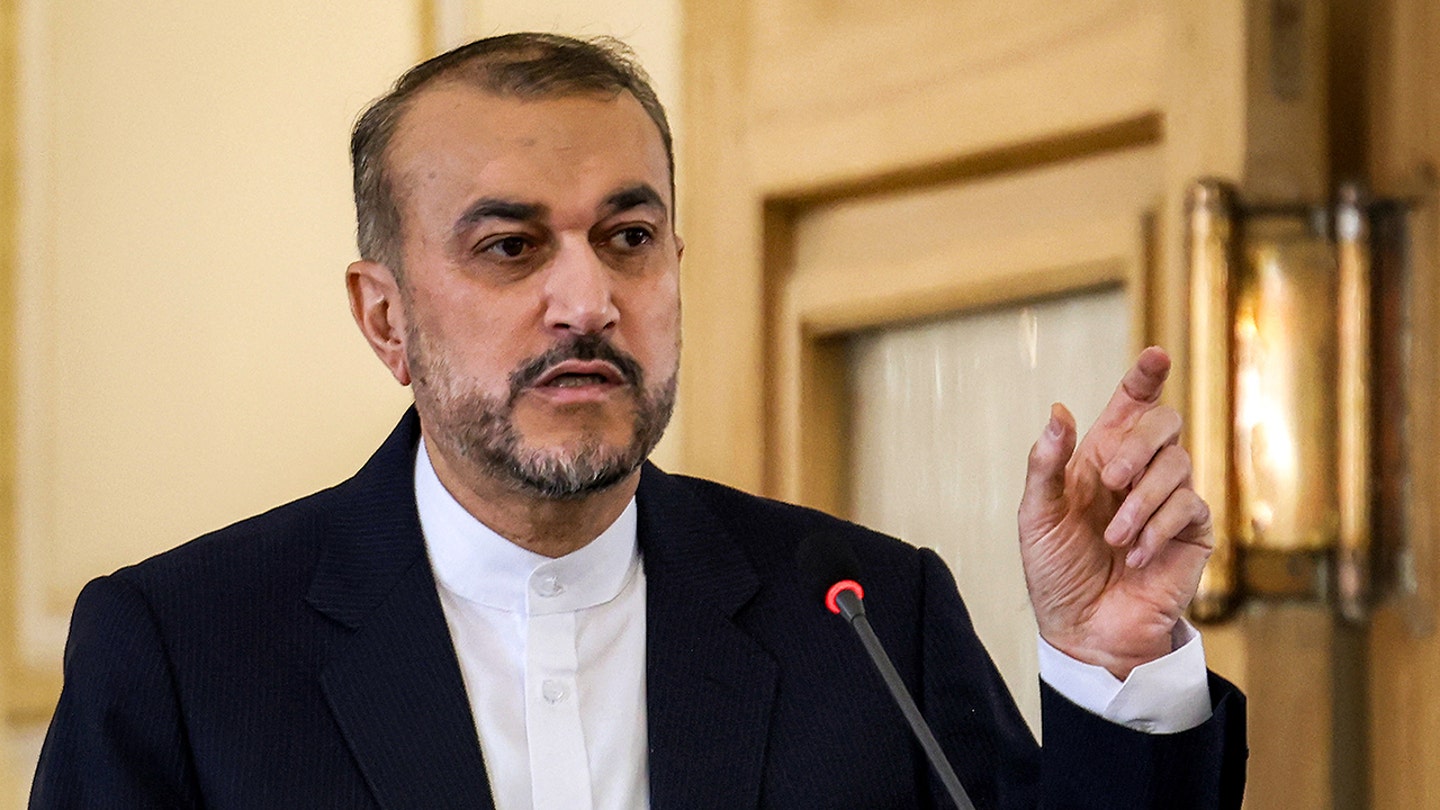Violence in Colombia's southwest has surged, with a bomb blast injuring six in Jamundi and an attack on a police station in Morales resulting in the deaths of two officers. The attacks have been attributed to the dissident FARC-EMC rebel group.

Colombia's conflict has taken a violent turn as a dissident FARC rebel group intensifies its offensive. On Monday, a bomb blast in the city of Jamundi wounded six people, and an attack by rebels on a police station in Morales left at least two officers dead. The Colombian government has accused the FARC-EMC, which broke away from the Revolutionary Armed Forces of Colombia (FARC) and refused to sign a 2016 peace deal, of carrying out the attacks.

The FARC-EMC's western faction, led by commander Ivan Mordisco, has pulled out of peace talks with the government and has since launched a series of attacks on security forces. Last Friday, a roadside bomb planted by the group killed an 11-year-old child.
Analysts believe the EMC's western faction is attempting to distinguish itself as "the only armed or criminal group in Colombia that is directly attacking the state." The ongoing violence has raised concerns that the EMC could split from other EMC groups in eastern Colombia that are still engaged in peace negotiations.
"The split within the EMC is real and is likely to be permanent," said Elizabeth Dickinson, a Colombia analyst at the International Crisis Group. "We are headed towards a situation of atomization and fragmentation in the conflict, which has pretty dramatic implications for civilians."
The EMC is the third-largest armed group in Colombia, with an estimated 5,000 fighters. President Gustavo Petro has pursued a "total peace" strategy, attempting to engage with remaining rebel groups through peace talks. While the strategy has resulted in reduced violence between the military and armed groups, other criminal activities have increased.
Armed groups have strengthened their control over rural areas and continue to profit from illegal mining and drug trafficking. Efforts to implement development programs and rural reforms have faced challenges, and the effectiveness of the peace strategy remains uncertain.
The recent attacks highlight the ongoing challenges in Colombia's peace process and the need for a comprehensive approach to addressing the root causes of violence and providing security for Colombian citizens.










